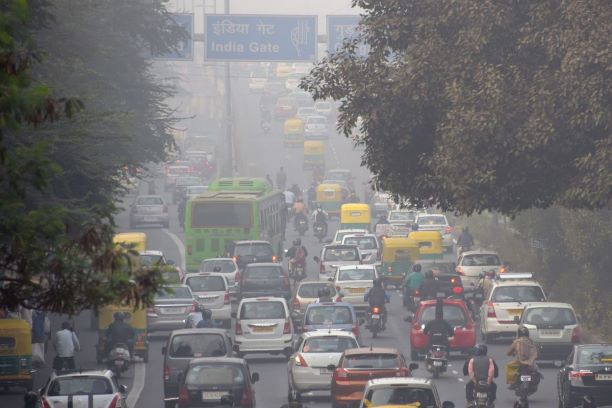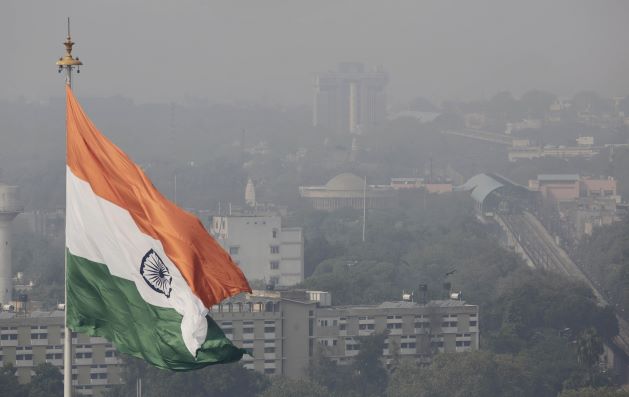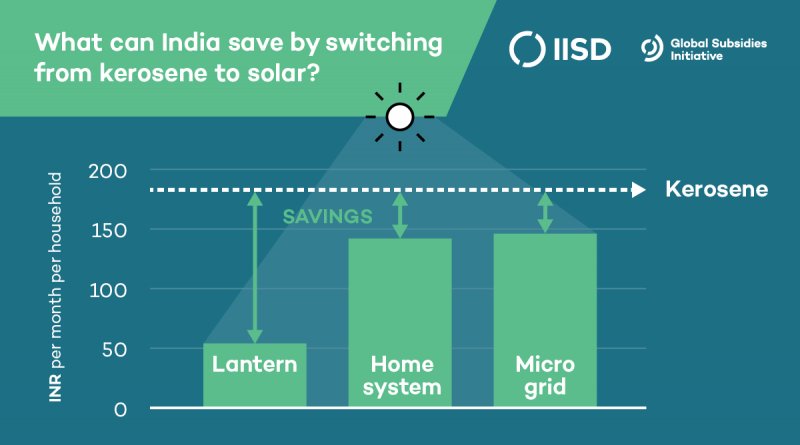Air Pollution: Panel Formed To Foresee Implementation of NCAP
 More action needed to tackle air pollution in India
More action needed to tackle air pollution in India
In its endeavor to implement the National Clean Air Programme (NCAP), launched to tackle the air pollution menace in the country, the Centre has constituted a steering committee. The programme aims to reduce particulate matter (PM) pollution by 20%-30% in at least 102 cities by 2024.
In an order issued recently, the Ministry of Environment, Forests and Climate Change (MOEFCC) announced that the committee will be under the chairmanship of its Secretary, C K Mishra, and will have one chief secretary each from over 20 states and union territories, including Delhi, Jammu and Kashmir, and Uttar Pradesh, as its members.
The other members on the panel will include the additional secretary and joint secretary from the ministry, the chairman of the Central Pollution Control Board, the director general of The Energy and Resources Institute (TERI) and an Indian Institute of Technology (IIT) Kanpur professor.
The committee would be headquartered in New Delhi and its remit includes ensuring “inter-ministerial organisation and cooperation, sharing information and resolving issues that could arise between ministries… The committee would also give overall guidance and directions to effectively implement the programmes,” said a ministerial note.
Read: NGT Directs 6 States To Submit Action Plan Against Air Pollution by Apr 30
States in which the cities are located are expected to produce plans that include increasing the number of monitoring stations, providing technology support, conducting source apportionment studies, and strengthening enforcement. For achieving the NCAP targets, the cities would be expected to calculate the reduction in pollution, keeping 2017’s average annual PM levels as the base year.
The committee will overlook effective implementation of the NCAP for each financial year, the ministry said, adding that it will also review the progress of the programme. It said,” The committee will approve the budget for NCAP and also approve the annual action plan for NCAP submitted by the state governments.”
The NCAP was launched by the MOEFCC on January 10 this year as a time-bound national-level strategy to address the air pollution problem across the country in a comprehensive manner. The NCAP requires cities to implement specific measures such as “ensuring roads are pothole-free to improve traffic flow and thereby reduce dust” (within 60 days) or “ensuring strict action against unauthorised brick kilns” (within 30 days). However, it doesn’t specify an exact date for when these obligations kick in. Experts have criticized the lack of mandatory targets and the challenge of inadequate enforcement by cities.
Having said that, the nature of the air pollution also requires national coordination, as the issues are not local. To that extent, a central support agency was the need of the hour. Whether this degenerates into a typical manage by committee situation or leads to real change on the ground, we should know in a just a few months. Keep in mind that there have been previous committees formed for the environment that have been unable to even meet for a year at a time.








